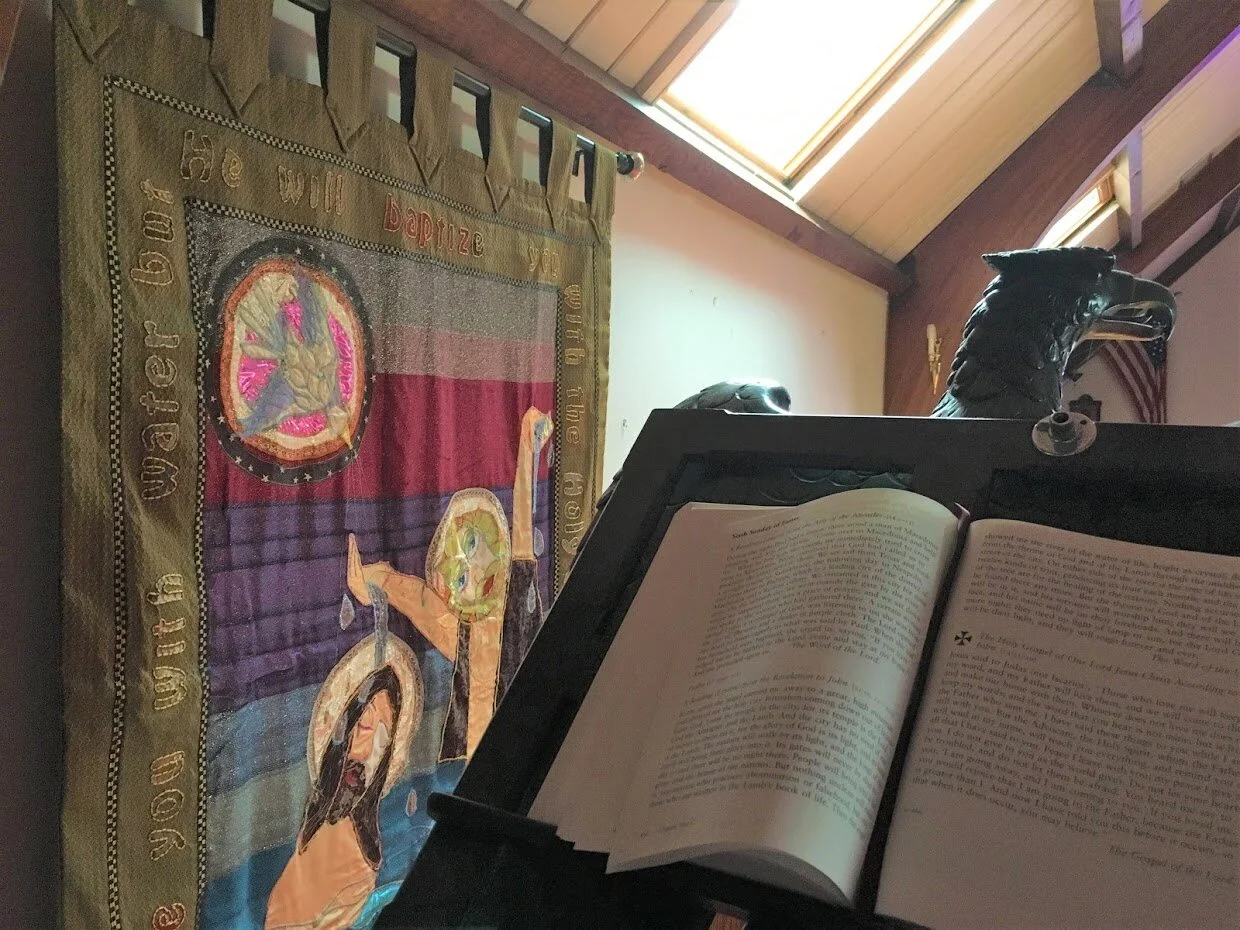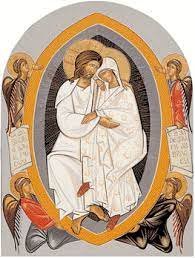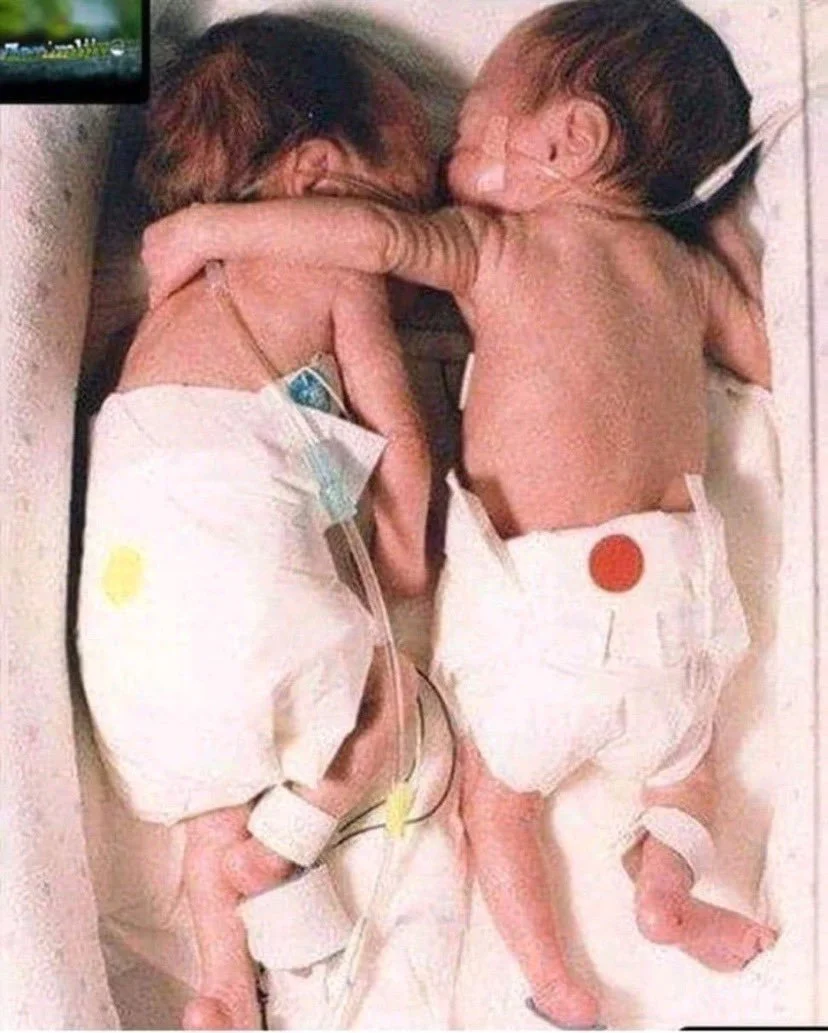Our Lenten Journey enters a critical moment. We are at the midpoint of Lent. It’s time to get our bearings, to assess our progress, to reestablish our goals. We engage in this reevaluation on this Sunday as we contemplate the healing of the blind man.
The earliest Christians saw this story as a tale about baptism.
Did you notice how Jesus first sees this man, this unnamed person, who cannot see Jesus? Jesus spits on the dirt, forms a mud paste which he smears on the blind eyes of this man. Jesus tells him to go and wash in the pool of Siloam. He hears Jesus and obeys. When he returns to the opening scene he can see.
But Jesus has disappeared from the scene and the healed man is placed on trial. He is placed on trial as a disciple of Jesus. Notice how his faith grows as he is confronted by those without faith in Jesus. He first speaks of “The man called Jesus.” (Jn. 9: 11) He later professes: “He is a prophet.” (Jn. 9: 17) He acknowledges “If this man were not from God, he could do nothing.” Finally he comes to that fullness of faith when he sees Jesus as the Son of Man and worships Jesus as the Son of God.
We all have heard stories of Jesus curing blind people and these are more than historic accounts of healings. Every cure of a blind person marks an interior enlightenment of a believer, a shift from darkness to light, a move from unbelief to faith, a vision of Jesus as the light of the world. This unnamed blind person can be any one of us. This unnamed blind person stands for each of us. Each of us can find ourselves in this blind person. For each of us is blind in some significant ways.
Each of us lives out of a way of being in the world which we learned throughout our lives. Every once in the while, you might have had a moment when you saw yourself in a new light, when you saw the lens through which you were looking at world. If you asked those who live with you about that lens, they see it all the time. But they love you and shield you from seeing it yourself. Perhaps you get a glimpse of it when you do something which is out of character for you. Perhaps you have such deeply ingrained patterns of behavior, such hostile or arrogant ways of being in the world, such unconscious ways of looking at and engaging others, that you do not have a clue that anything about you needs to change. Jesus was talking to each one of us when he said to the Pharisees: “I came into this world for judgment so that those who do not see may see, and those who do see may become blind.” (Jn. 9: 39)
So how can we move from darkness to the light? Did you notice how the blind man began? He did not start the process. Jesus began the journey for him. Jesus found him. After Jesus found him, Jesus called out to him. He heard Jesus’ voice, he obeyed Jesus’ voice, and he began the journey of healing.
Our focus has been on seeing and vision and the ironic beginning of this healing starts with another sense, with hearing. How willing are you to hear Jesus call out to you, to invite you to see in a new way, to be cured of the blindness you may be reluctant to acknowledge?
At this midpoint of Lent, as you access how far you have gone, perhaps you can ask Jesus to speak to you in a voice you have not heard before. Perhaps you can hear Jesus inviting you to a healing you know you need but dare not ask him for that cure. Perhaps you can hear Jesus pointing out a place of inner conflict which needs resolution but you dare not move toward reconciliation.
This gospel, while it was long, contains more to it. After Jesus performs this sign, he goes on to explain its meaning in Chapter 10 of this gospel. He assures you that he is the Good Shepherd “who calls his own sheep by name and leads them out.”(Jn. 10:3)
Jesus the Good Shepherd leads you to pastures of healing and nourishment, to interior places of peace and reconciliation, to new patterns of living and loving. Listen to the voice of Jesus calling out to you. Ask Jesus to open the eyes of your heart to see what you resist seeing. You are invited today to this deeper faith in Jesus as your healer, as your shepherd, as your light.
Yes, you are at the midpoint of Lent. You are at that moment when your inner Lenten journey makes more demands on you. Just as the blind man received an unanticipated gift of seeing, pray that Jesus may open your ears to hear him and your eyes to see him, your Good Shepherd, bringing you a gift you would never have imagined.




















